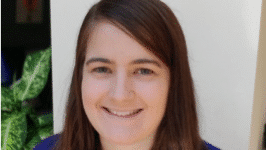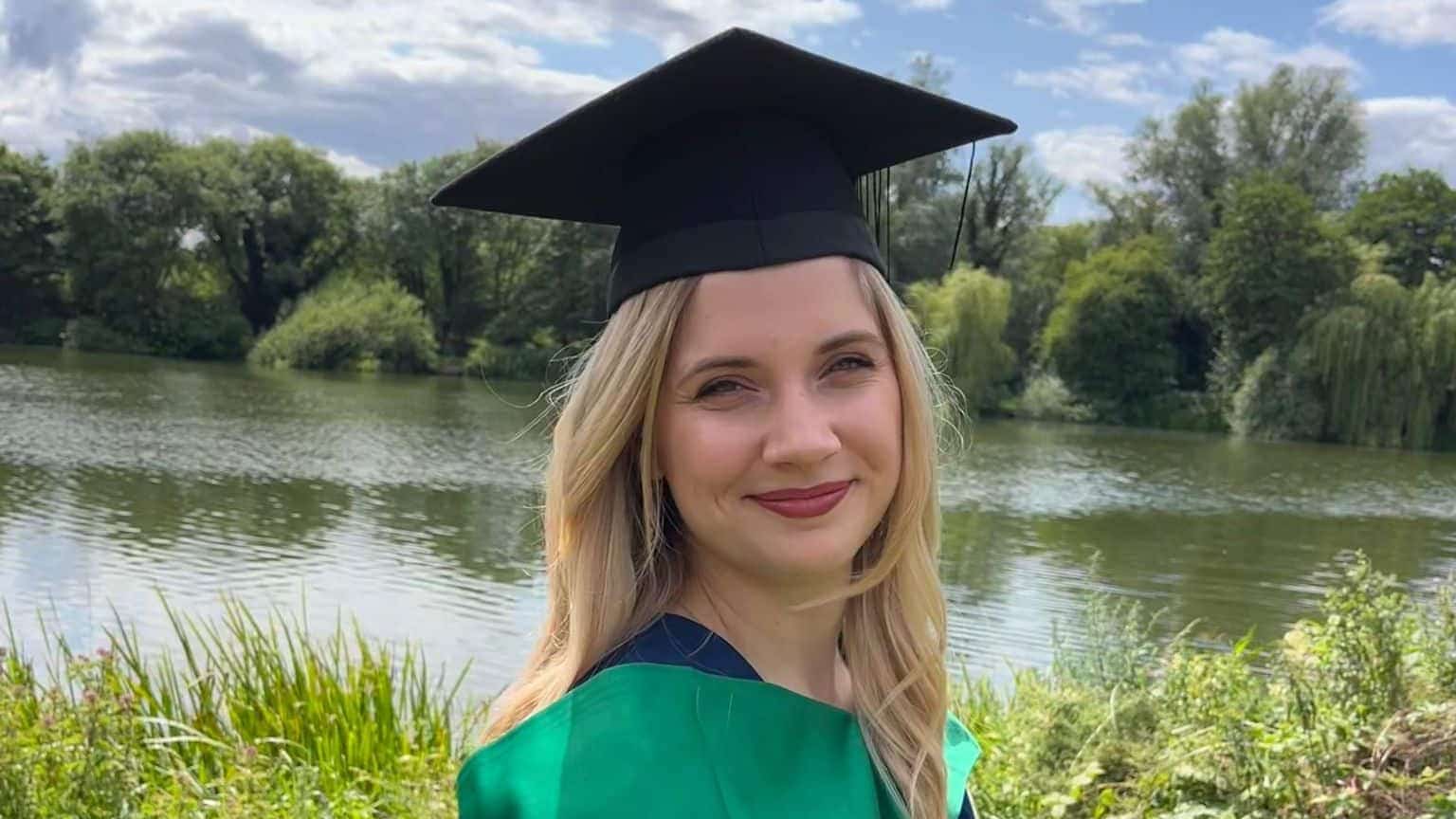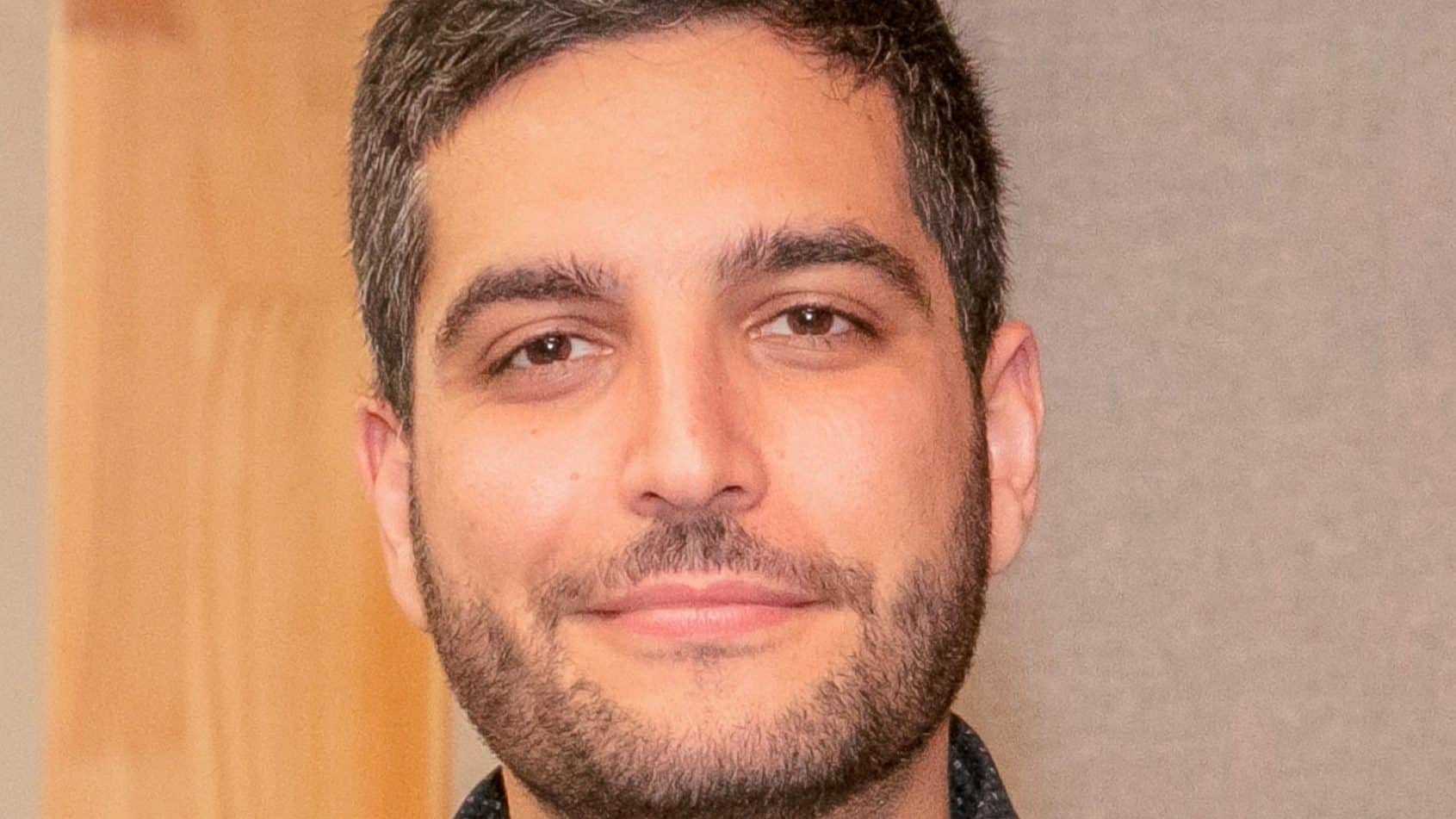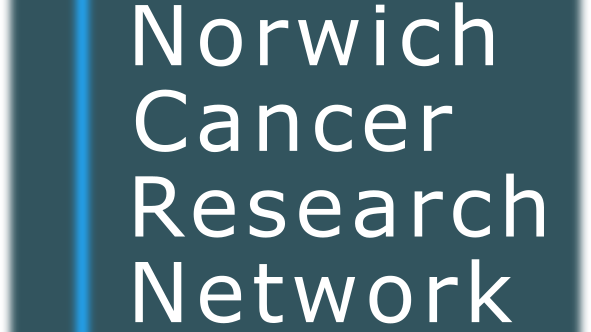As part of our new ‘Early Career Spotlight’ series, we spoke to Dr Zoë Goddard, a postdoctoral research associate at the University of East Anglia, about her career in cancer research.
Researchers in the early stages of their careers are an integral part of the NCRN, with the Norwich Research Park being home to a wide variety of early career researchers (ECRs). Many of the ECRs in the NCRN are postgraduate students, post-doctoral researchers or junior doctors working on projects to further the field of cancer research. Our Early Career Spotlight series aims to showcase the careers and research of some of our early career members and celebrate their contributions to cancer research.
In this edition of the Early Career Spotlight, we spoke to Dr Zoë Goddard, who is a postdoctoral research associate working in cancer drug discovery research at the University of East Anglia.
Career background:
Dr Zoë Goddard began her career at the University of East Anglia (UEA), where she completed her undergraduate MChem degree in Chemistry with Analytical and Forensic Science. Following this, she then began her PhD studies in the laboratory of Prof. Mark Searcey in the School of Pharmacy at UEA in collaboration with Prof David Russell and Dr Maria Marin in the School of Chemistry.
During her PhD, Zoë studied directing groups to target gold nanoparticles carrying a light activated drug towards lung cancer cells, for use in photodynamic therapy. Through this project, Zoë was successful in developing a system that displayed selective toxicity towards lung cancer cell lines, thereby reducing off-target effects of the drug. Since completing her PhD in 2020, Zoë has continued her research in Prof. Mark Searcey’s lab and is currently working as a postdoctoral research associate.
What are you currently researching?
My current research is based around designing novel chemotherapeutics that are specifically targeted towards cancerous genes. Our lab works with a drug called duocarmycin SA (DSA) which is an incredibly potent chemotherapeutic, to the point that it is too potent and cannot be used in humans. My project works on combining DSA with a class of molecules called polyamides. These are based on a natural product called distamycin A, which binds to DNA in a sequence-dependent manner. The hope is that we can combine the potency of DSA and the selectivity of the polyamides to exclusively target mutated genes and therefore target only cancerous cells, increasing the therapeutic window of DSA.
What inspired you to pursue a career in cancer research?
During my undergrad I got the chance to do a summer research project in Prof. David Russell’s lab, working with Dr María Marín on the development of gold nanoparticle-based probes for the detection of flu. This was my first real experience of what research was and I really enjoyed it. There was a PhD student working on photodynamic therapy and I was really excited by the opportunity to work with nanoparticles and a really interesting cancer treatment option. I’ve always had an interest in medicine so when a PhD opportunity came up to explore targeting nanoparticles towards cancers, I jumped at the opportunity.
What has been your biggest achievement in your career so far?
It’s hard not to say getting my PhD. It was a three-year labour of love and I was really proud of the work I managed to achieve. It also led to an opportunity to present at an international conference and a couple of publications.
(Check out Zoë’s publications: Goddard, Z.R. et al., RSC Med. Chem., 2021, 12, 288-92 and Goddard Z.R. et al., Chem. Soc. Rev., 2020, 49, 8774-89).
What career advice would you give to other early career researchers?
I think one of the most important things I learnt was to get to know people. Getting to know your peers can help massively with your research, even if when you start their research feels completely unrelated, you never know where it can take you. Taking your opportunities to get to know your scientific community can only open doors for you and improve your ability and knowledge.
Thank you to Dr Zoë Goddard for taking part in our Early Career Spotlight. Make sure to follow us on Twitter (@CancerInNorwich) for updates about the NCRN and to hear more about our upcoming events.



